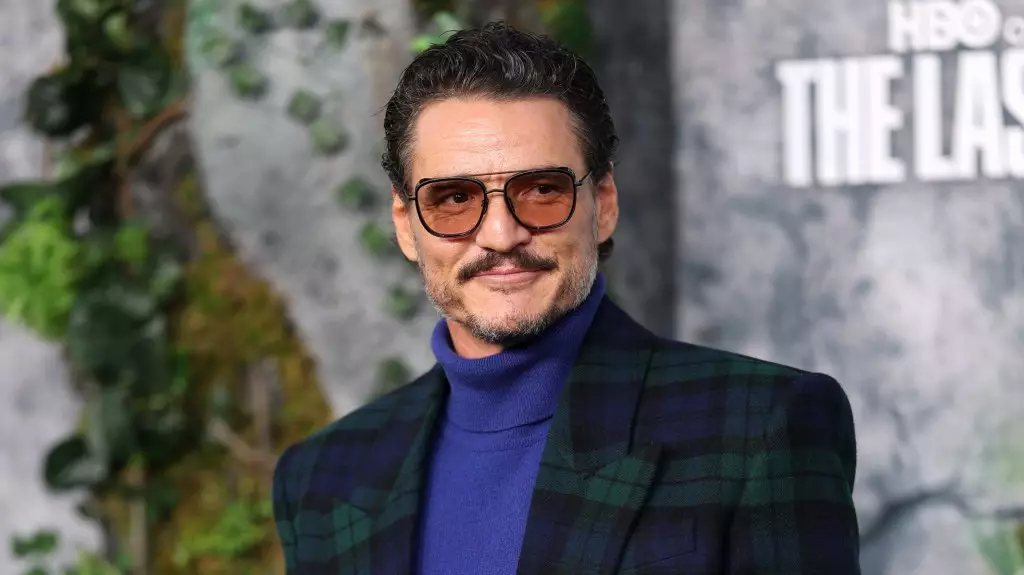Pedro Pascal’s recent admission regarding his role in “The Fantastic Four: First Steps” sheds light on the nuanced pressures actors face when stepping into iconic franchises. Known for his impressive range in genre entertainment—from “Game of Thrones” to “Star Wars”—Pascal argues that every new project feels like a mountain to climb in a landscape fraught with critical expectations. When he likened his involvement in the Marvel Cinematic Universe (MCU) to past roles, it highlighted not just the historical lineage of the characters he’s embodying but also the substantial weight of audience anticipation, which often stifles creative freedom.
In this upcoming film, adaptable for its setting in a retrofuturistic 1960s parallel universe, audience expectations heighten the stakes; it marks the fourth attempt to captivate viewers with these beloved characters. The pressure is palpable, and Pascal’s candidness about feeling “really intimidating” speaks volumes about how actors often grapple with personal and collective expectations in front of the camera.
A Fresh Take on Iconic Characters
The character of Reed Richards, famously known as Mister Fantastic, has seen various portrayals over the years. Pascal’s reflection on authenticity in the role is noteworthy. He mentioned that he relies heavily on his ensemble to provide support, indicating a collaborative effort that goes beyond mere performance. This collective endeavor is essential in crafting a story that aligns with both the actors’ interpretations and fans’ long-standing hopes for these heroes.
In contrast, Joseph Quinn’s perspective on his role as Johnny Storm unveils an intriguing shift in character dynamics. The modern take, which strives to paint Johnny as more self-aware and sensitive, challenges the archetype established by previous portrayals. Quinn’s critique on the outdated womanizing trope reveals an effort to align the character with contemporary attitudes—an essential evolution in storytelling that reflects broader social changes. This desire to infuse real growth into character arcs can revitalize a franchise that, while rooted in nostalgia, must not stagnate in its portrayal of gender dynamics.
The Marvel Cinematic Universe and Cultural Relevance
The MCU’s mission has always been to connect with audiences on a deeper level, and “The Fantastic Four: First Steps” promises to extend this connection through its reimagined characters and storylines. With current cultural dialogues around representation and authenticity, the decision to modernize Johnny Storm is profound. It underscores a clear understanding that while superheroes may possess extraordinary abilities, their stories should remain relevant to the ever-shifting concerns of modern life.
As the film prepares for its July 25 release, the anticipation builds. The stakes are set higher than ever for Pascal and his colleagues, with hopes that the combination of talent on-screen and evolving narratives can breathe fresh life into a franchise that has often struggled to find its footing. The exploration of familiar roles within new frameworks is an exciting frontier, one that necessitates a delicate balance between honoring legacy and embracing innovation. In this brave new chapter, Pascal stands at the forefront, embodying the spirit of a new generation of superheroes ready to embark on adventures that resonate with today’s audience.

